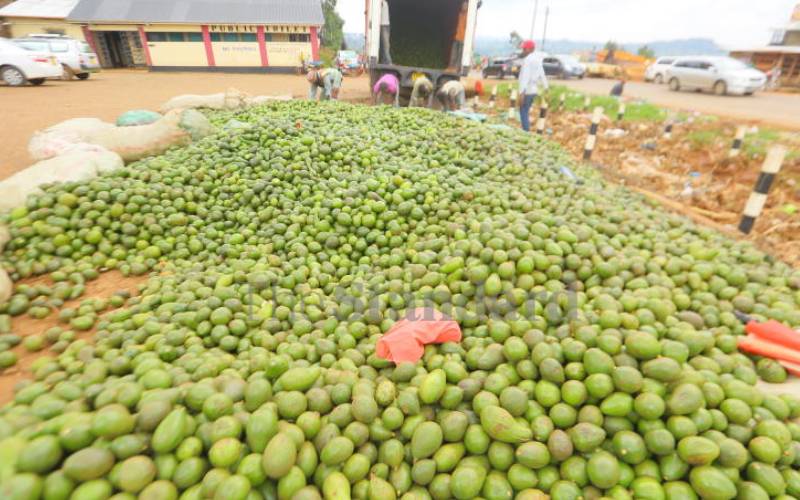×
The Standard e-Paper
Join Thousands Daily

The Hass and Fuerte varieties of avocado are exported to Europe, the Middle East and Eastern Europe. [Sammy Omingo, Standard]
About two decades ago, avocado didn’t carry as much value as it does today.